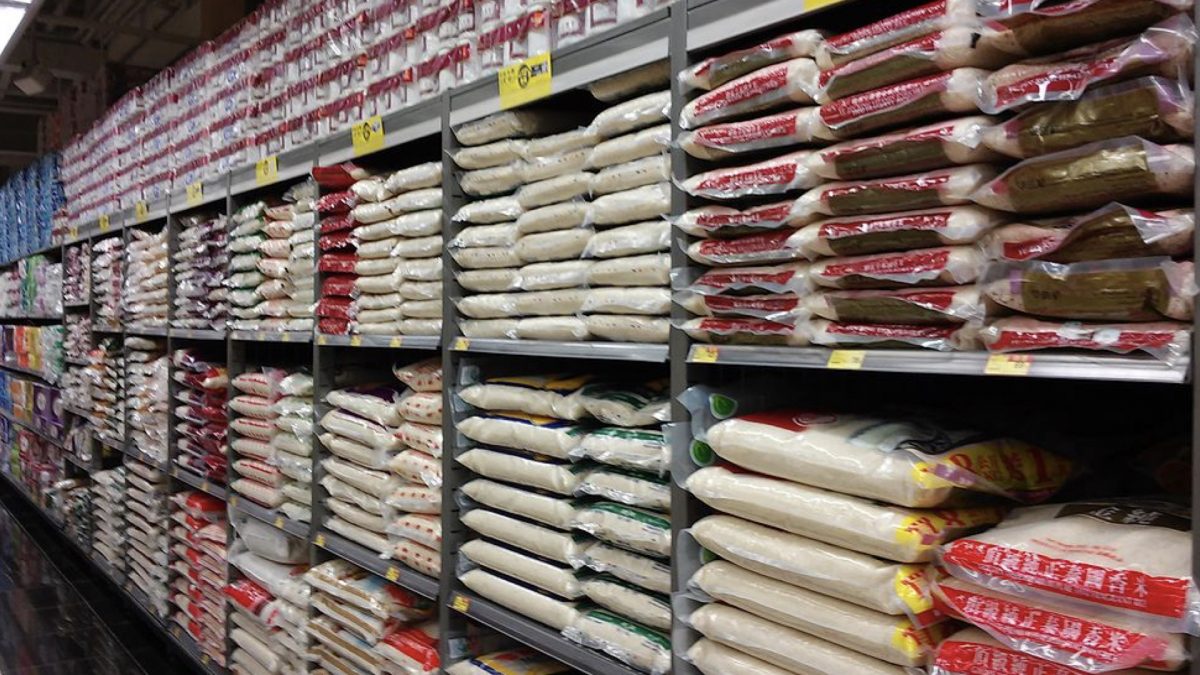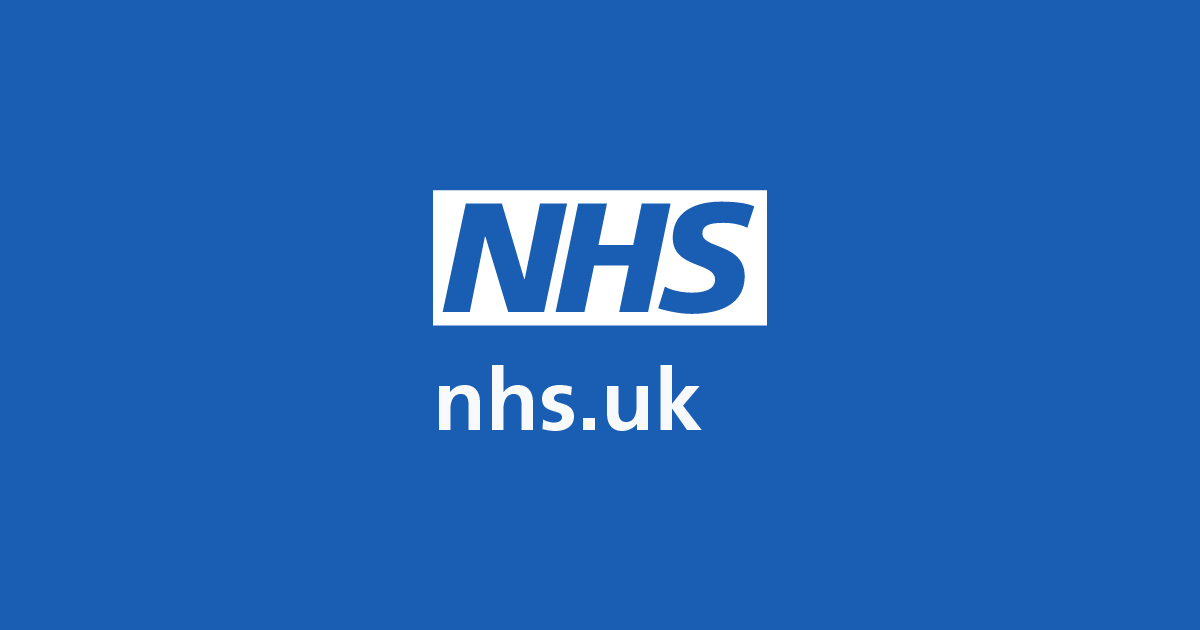Hello everyone,
I've read some threads already and therefore want to stop eating pasta (what I did way too much). At the moment I have quinoa with beans and broccoli (trying to implement the daily dozen) with a variable salad / vegetable part for dinner.
I'm doing fine with quinoa, my question now would be, whether quinoa is healthy or better should be avoided. In some threads I've read about rice, but I don't know which one to buy, since there is a high amount of heavy metal (is this the right term? It does not sound right - I mean lead and stuff like that) in many brands.
- I mean lead and stuff like that) in many brands.
Long story short: are there any better options for quinoa (and speaking of carbs: whole grain oatmeal) or are they fine?
Thank you very much in advance!
I've read some threads already and therefore want to stop eating pasta (what I did way too much). At the moment I have quinoa with beans and broccoli (trying to implement the daily dozen) with a variable salad / vegetable part for dinner.
I'm doing fine with quinoa, my question now would be, whether quinoa is healthy or better should be avoided. In some threads I've read about rice, but I don't know which one to buy, since there is a high amount of heavy metal (is this the right term? It does not sound right
Long story short: are there any better options for quinoa (and speaking of carbs: whole grain oatmeal) or are they fine?
Thank you very much in advance!



